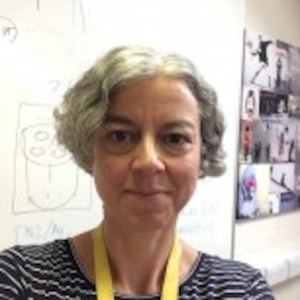Simone Hochgreb – Professor, Deparment of Engineering, University of Cambridge

Ms. Simone Hochgreb's answers to some of the questions posed to her.
- Tell us a bit about your education and work?
I have been interested in energy and its impact on the environment since I was a teenager. I did my first degree in my home country (Brazil), then a graduate degree at Princeton. I then took an academic position at MIT, followed by a move to a national laboratory (Sandia, in the US), and have since at Cambridge since 2002. I have worked on understanding combustion and how it can be made more efficient and cleaner, for engines and gas turbines. I am currently pursuing projects in understanding turbulent combustion, combustion instabilities, laser-based methods for measuring quantities of interest in reacting flows, and aerosol formation and measurement.
- What made you pursue science? Who was your inspiration?
Science offered certainty in an uncertain world. Many people have inspired me through school, university and careers. I had wonderful teachers at my state school, especially the very organised female maths teachers, and the imaginative geography and history teachers. At university, I looked up to those who kept asking questions about why are things the way they are? How does nature work? Where do these laws come from ?
- Did you face any stereotypes while studying or in the workplace?
Of course. The numbers of women are small, so one becomes a representative of the whole gender, which is a challenge. Mistakes are amplified, good deeds are minimised. It is still no different.
- How did you handle these stereotypes, and do you still face them after so many years of experience?
Sometimes one does not see these coming across clearly, only after something happens. The only thing one can do is do your job to the best of your ability. Over the years, I have tried to learn to defuse situations much earlier. Confrontation is not productive, even though assuaging fears appears to be a cop-out.
- What are your plans for your future in science?
I am turning my research ever more towards carbon-free energy delivery — hydrogen and battery material synthesis.
- What advice would you give to young girls wanting to pursue science?
Investigating nature is its own reward. There is nothing like looking at results for the first time, and bringing a theory to explain what is going on. And understanding nature and what science can do is the only way for humankind to move in a positive direction.
